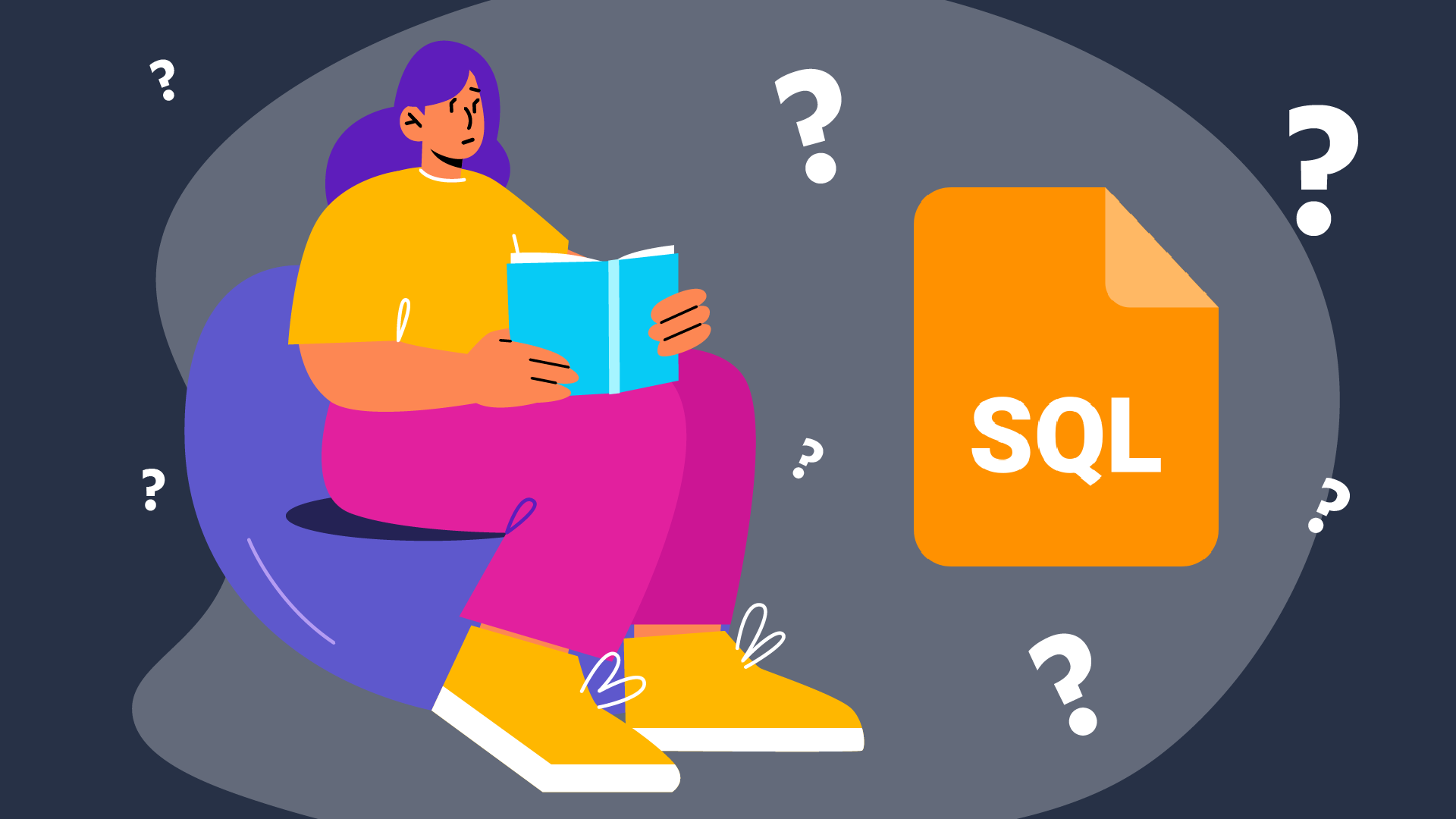Cursos relacionados
Ver Todos os CursosIntermediário
Working with Databases in Python
Master the essentials of working with databases in Python using sqlite3 and SQLAlchemy. Learn to store, modify, and retrieve data efficiently, build optimized queries, and connect your applications to databases. Gain practical experience in both SQL and ORM approaches to manage data through clean, Pythonic workflows.
Iniciante
Introduction to SQL
This course is perfect for beginners ready to explore the world of SQL. Whether you're just starting out in database management or aiming to use SQL for your application development projects, this course covers the essentials. You'll quickly learn how to leverage the full potential of SQL, from querying and managing data to seamlessly integrating it into real-world applications. By the end of the course, you'll have the confidence and skills to solve practical problems with SQL and enhance your development process.
The Impact of Data Type Selection on Database Performance and Efficiency
Types of Data in Databases

When designing and developing databases, one of the key aspects to consider is the selection of data types. This choice can play a significant role in the performance and efficiency of the database. Let's explore how different data types affect working with databases and how making the right choice can improve system operation.
Databases contain various types of data, such as integers, floating-point numbers, strings, dates, and many others. Each data type has its own characteristics that can influence database performance and efficiency.
Impact on Performance
-
Data Size: Large data types, such as Binary Large Objects (BLOBs) or TEXT, can significantly increase the size of the database and the time required for processing. Using smaller data types helps reduce data volume and speed up data processing.
-
Indexing: Some data types are better suited for indexing, allowing for faster search and sorting operations. For example, integers are typically indexed and processed faster than strings.
-
Memory and Disk Usage: Large data types may require more memory and disk space for storage and processing, which can impact system performance. Disk access can also be affected when dealing with large data volumes.
Run Code from Your Browser - No Installation Required

Making the Right Data Type Choices
-
Requirements Analysis: Before selecting data types, it's essential to carefully analyze the database requirements and the characteristics of the data to be stored.
-
Using Optimal Data Types: Choose data types that best match the characteristics and volume of the data to be stored. Avoid unnecessary complexity and data volume.
-
Testing and Optimization: After selecting data types, regularly test and optimize database performance to ensure optimal operation.
FAQs
Q: What are the most optimal data types for storing text information in a database?
A: VARCHAR or TEXT data types are commonly used for storing text information in databases as they efficiently utilize memory and disk space.
Q: Which data types are best suited for storing numerical information with high precision?
A: DECIMAL or NUMERIC data types are typically used for storing numerical information with high precision, allowing for accurate calculations.
Q: Which data types are better indexed for faster searching?
A: Data types that are better indexed for faster searching include integers, dates, and times, which allow for efficient sorting and filtering of data.
Q: What are the consequences of using incorrect data types in a database?
A: Using incorrect data types can lead to increased memory and disk space usage, decreased performance, and complicating database operations.
Start Learning Coding today and boost your Career Potential

Cursos relacionados
Ver Todos os CursosIntermediário
Working with Databases in Python
Master the essentials of working with databases in Python using sqlite3 and SQLAlchemy. Learn to store, modify, and retrieve data efficiently, build optimized queries, and connect your applications to databases. Gain practical experience in both SQL and ORM approaches to manage data through clean, Pythonic workflows.
Iniciante
Introduction to SQL
This course is perfect for beginners ready to explore the world of SQL. Whether you're just starting out in database management or aiming to use SQL for your application development projects, this course covers the essentials. You'll quickly learn how to leverage the full potential of SQL, from querying and managing data to seamlessly integrating it into real-world applications. By the end of the course, you'll have the confidence and skills to solve practical problems with SQL and enhance your development process.
The 80 Top Java Interview Questions and Answers
Key Points to Consider When Preparing for an Interview
by Daniil Lypenets
Full Stack Developer
Apr, 2024・30 min read

APIs Are Products Even When No One Treats Them Like One
The Hidden Impact of API Design on Engineering Productivity
by Oleh Subotin
Full Stack Developer
Feb, 2026・3 min read

The 50 Top SQL Interview Questions and Answers
For Junior and Middle Developers
by Oleh Lohvyn
Backend Developer
Apr, 2024・31 min read

Conteúdo deste artigo